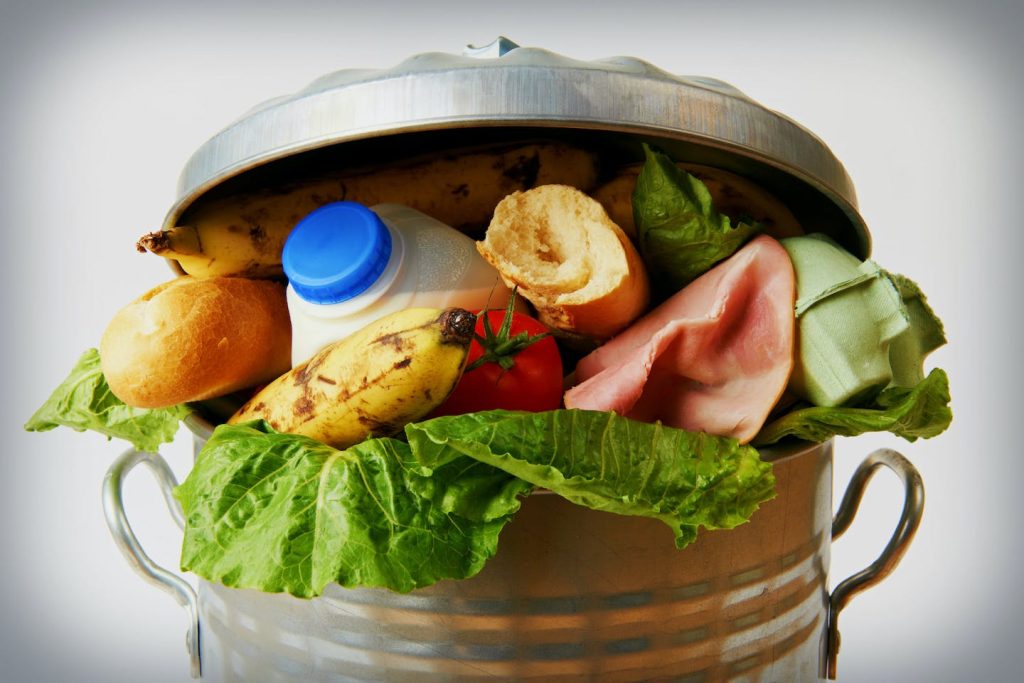Food waste is a global issue that affects the environment and our wallets. It’s estimated that a third of all food produced worldwide is lost or wasted, contributing to greenhouse gas emissions, land degradation, and resource depletion.
In this article, we’ll explore the importance of reducing food waste and provide practical tips and strategies for individuals and households to minimize their food waste footprint.
The Consequences of Food Waste
- Environmental Impact
Food waste has a significant environmental footprint. When food decomposes in landfills, it produces methane, a potent greenhouse gas that contributes to climate change. Moreover, the resources used to grow, process, and transport food, such as water and energy, are wasted when food is discarded.
- Economic Impact
Food waste isn’t just an environmental concern but has financial implications. Households that waste food are essentially throwing away their hard-earned money. Individuals and families can save money on groceries and reduce their overall expenses by reducing food waste.
- Social Impact
In a world where millions of people are suffering from hunger and food insecurity, wasting food is ethically and socially unacceptable. Reducing food waste can contribute to the global effort to ensure that food is distributed more equitably and reaches those in need.
Practical Tips to Reduce Food Waste
- Plan Your Meals
Meal planning is a fundamental strategy for reducing food waste. Before you go grocery shopping, create a weekly meal plan and a shopping list. Stick to your list to avoid purchasing unnecessary items that may end up going to waste.
- Only Buy What You Need
Avoid overbuying by purchasing only the amount of food you can realistically consume. Consider buying in bulk for non-perishable items, but be mindful of perishable foods that have a limited shelf life.
- Proper Storage
Store perishable items, such as fruit, vegetables, and dairy products, in the refrigerator or freezer to extend their freshness. Utilize airtight containers to prevent spoilage and freezer burn. Be sure to check the recommended storage conditions for each food item.
- Understand Food Labels
Familiarize yourself with food labels, including “best before” and “use by” dates. These labels can help you determine the freshness of a product. In many cases, food is still safe to consume after these dates have passed.
- Practice FIFO
FIFO stands for “first in, first out.” When unpacking groceries or cooking, place older items in front to be used first. This ensures that perishable items don’t get pushed to the back of the refrigerator and forgotten.
- Get Creative with Leftovers
Instead of tossing leftovers, get creative with meal planning. Repurpose them into new dishes or use them for lunches or snacks. Leftover vegetables, for instance, can be turned into soups, stir-fries, or omelets.
- Compost Food Scraps
If you can’t consume or repurpose certain food scraps, consider composting them. What is composting? Composting reduces the amount of organic waste sent to landfills and creates nutrient-rich soil, which is great for gardening.
- Support Food Recovery Programs
Support local food banks and food recovery programs that rescue surplus food from restaurants, supermarkets, and events. Donating surplus food helps to feed those in need and reduces food waste.
- Be Mindful of Portion Sizes
When eating out, consider sharing dishes or ordering smaller portions. If dining at home, serve reasonable portions to avoid leftovers that may go uneaten.
- Educate Yourself and Others
Spread awareness about food waste and its impact on the environment and society. Share these tips with friends and family to collectively reduce food waste in your community.
Read More: Making an Impact: 6 Career Paths That Leave a Mark
